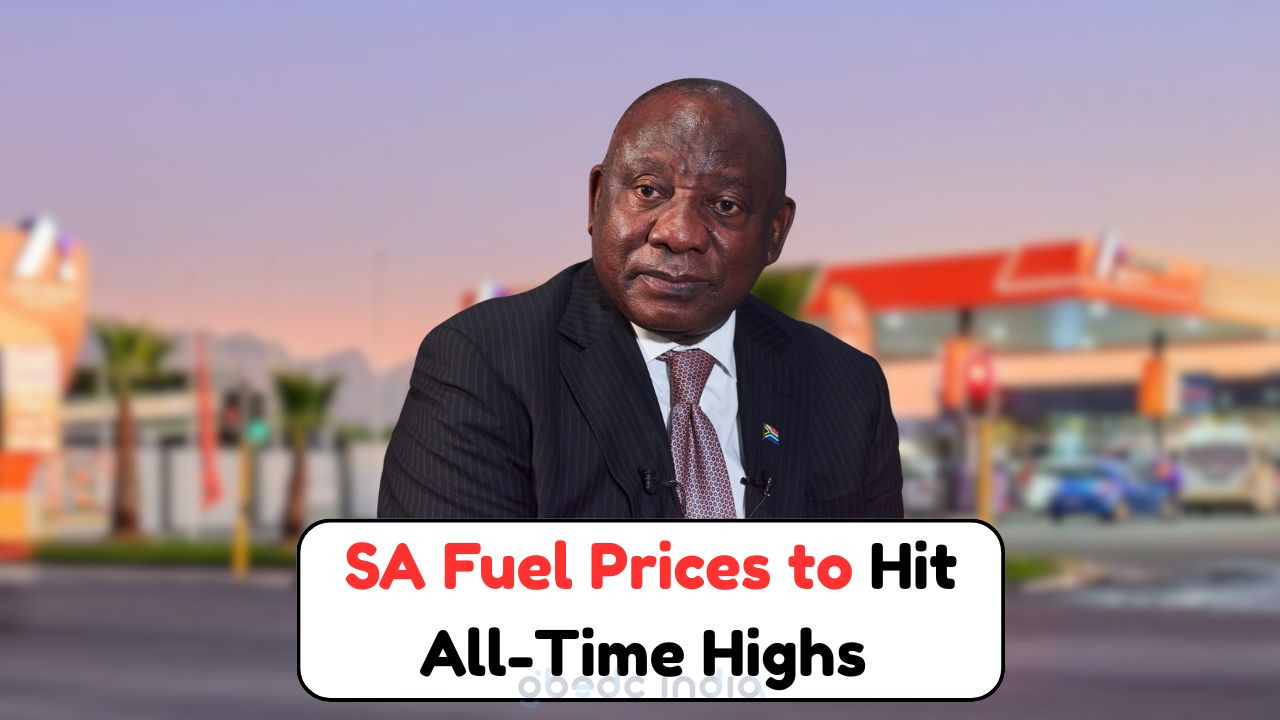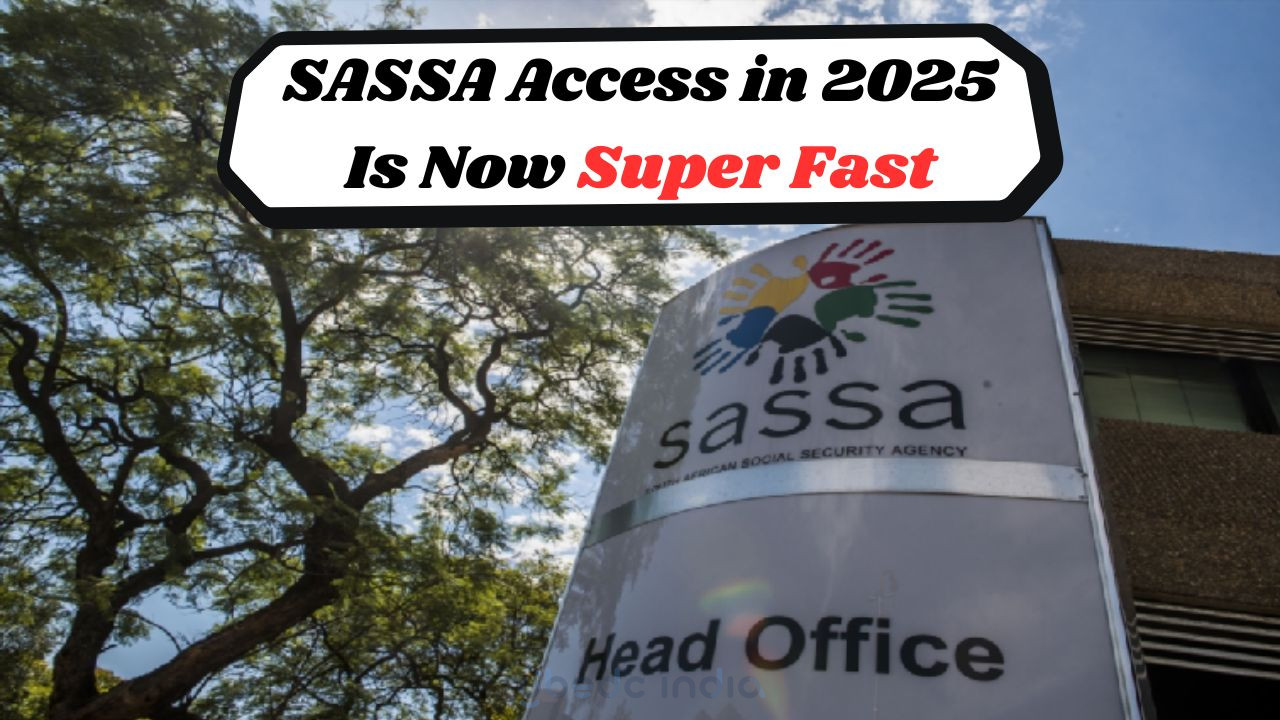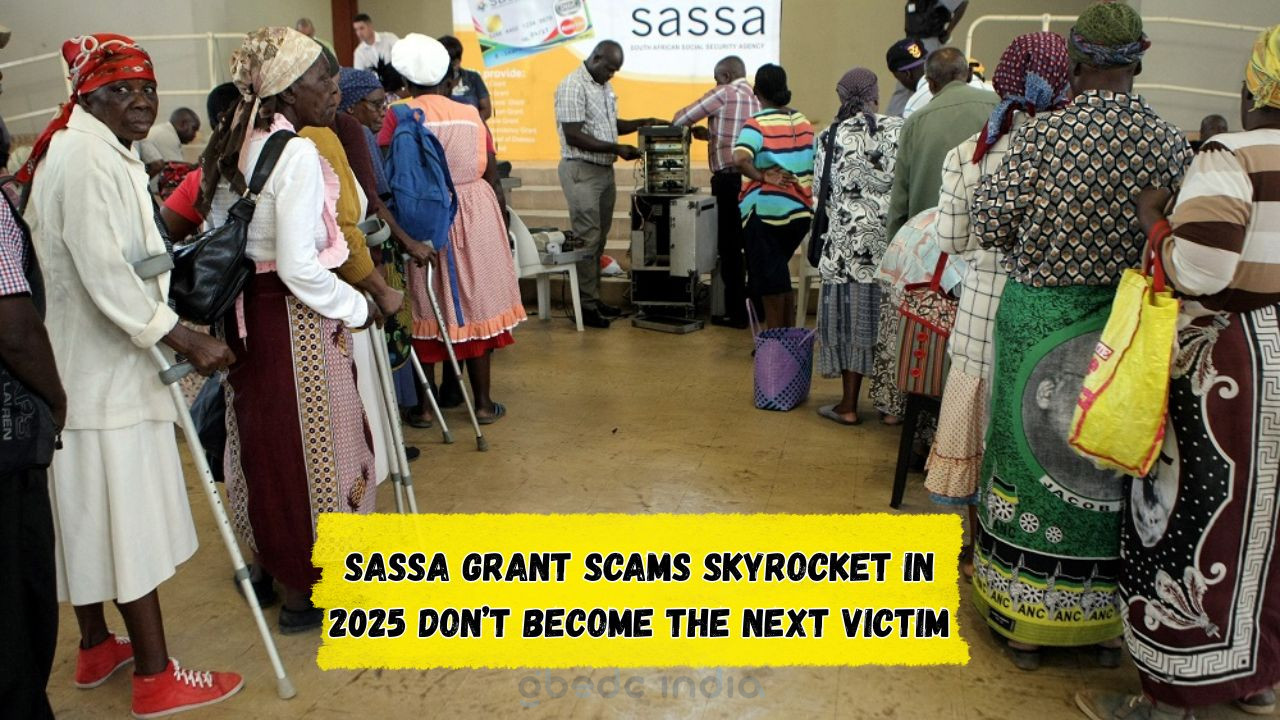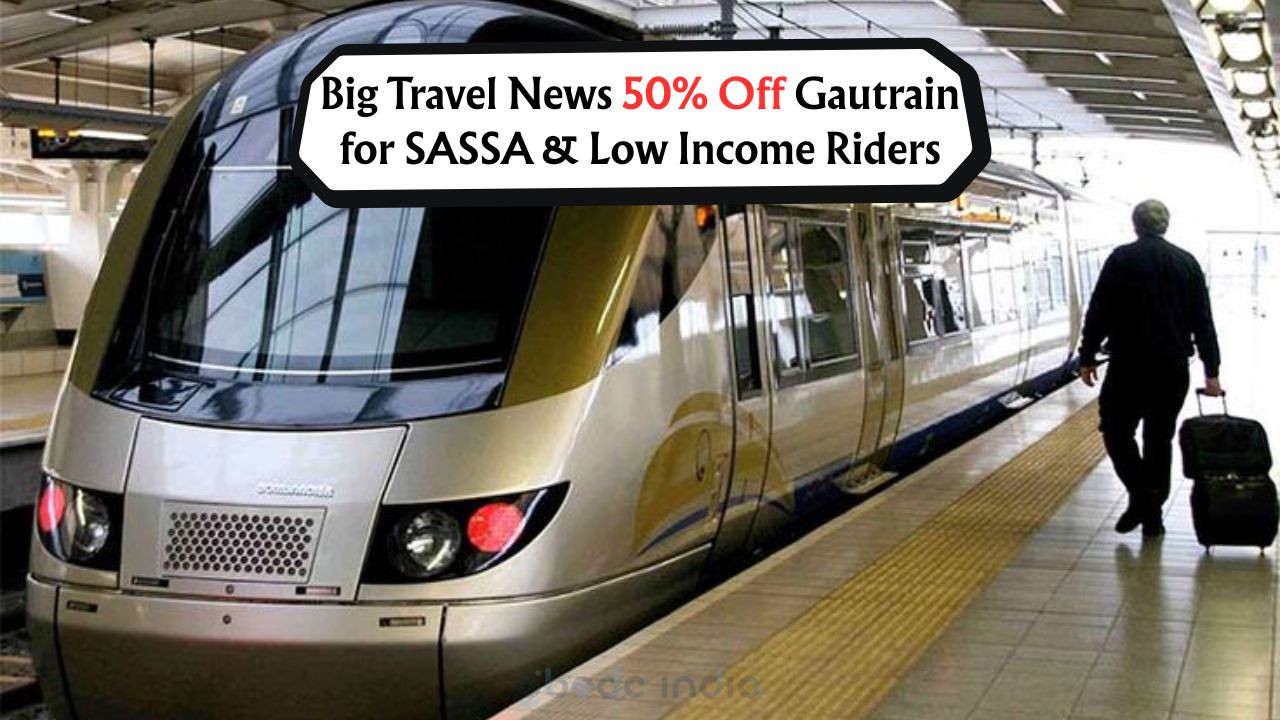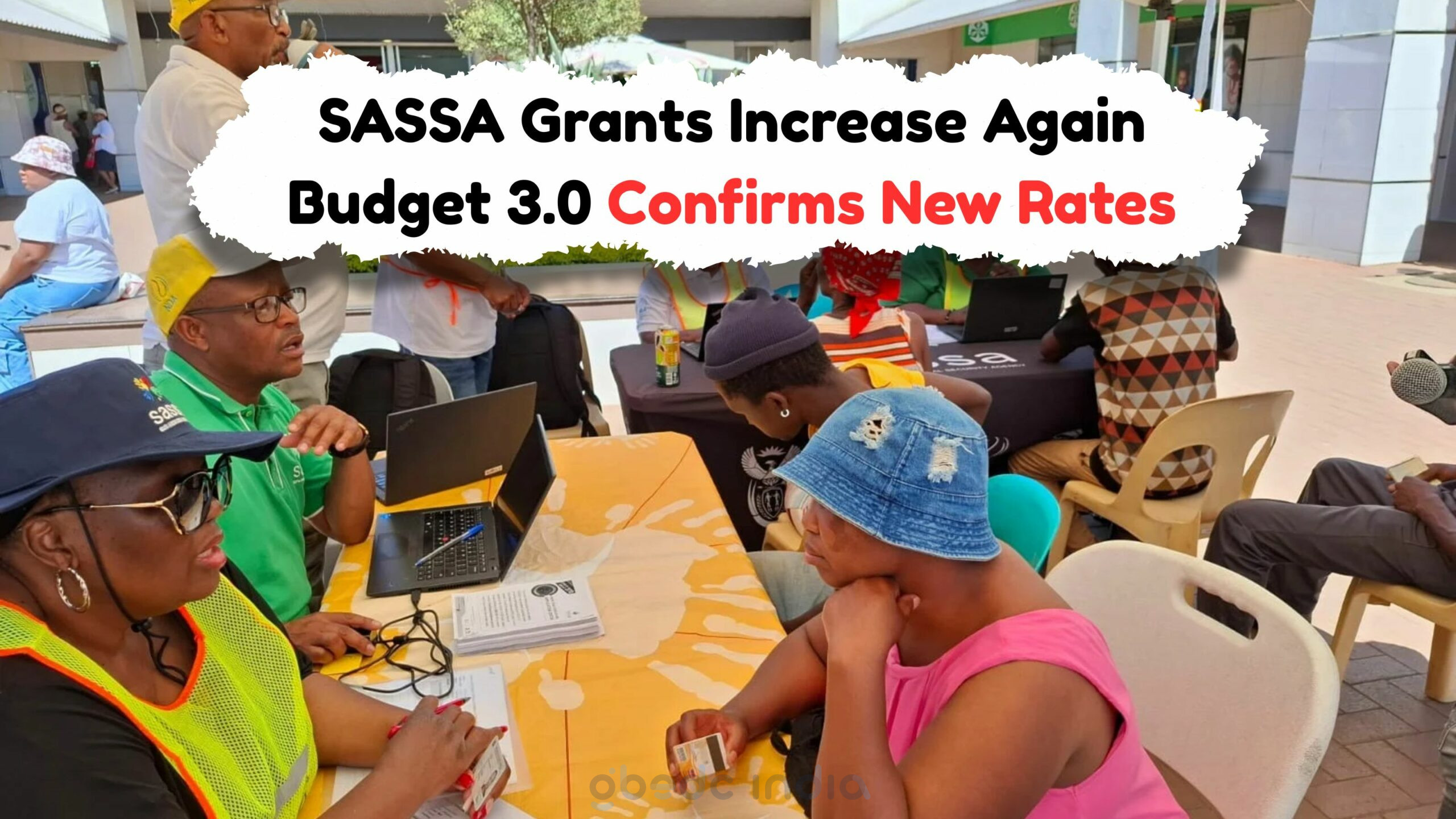South Africa Braces for Fuel Hike: As June 2025 approaches, South Africa finds itself on the verge of an unprecedented surge in fuel prices. This looming increase in petrol and diesel costs is set to impact millions across the nation, from daily commuters to businesses reliant on transportation. The expected hike is attributed to several global and local factors, including international oil price changes and currency fluctuations.
Impact of the Fuel Hike on South Africa
The anticipated fuel price increase in June 2025 is a significant concern for South Africans. The economic implications are vast, affecting various sectors and everyday life.
- Transportation Costs: With fuel prices rising, public and private transportation costs are set to increase, impacting commuters and logistics alike.
- Inflation: Higher transportation costs often lead to increased prices for goods and services, contributing to overall inflation.
- Household Budgets: Many households may need to adjust their budgets to accommodate higher fuel expenses.
- Business Operations: Companies may face increased operational costs, potentially affecting profitability.
- Environmental Considerations: The hike might encourage a shift towards more sustainable transportation options.
Factors Driving the Fuel Price Surge
Global Oil Prices: International market trends are a primary driver of the fuel price hike. Recent geopolitical tensions and supply chain disruptions have contributed to increased crude oil costs.
| Year | Crude Oil Price (USD/barrel) | Exchange Rate (USD/ZAR) | Impact on Fuel Price |
|---|---|---|---|
| 2023 | $70 | 15.5 | Moderate |
| 2024 | $85 | 16.0 | High |
| 2025 | $100 | 17.0 | Severe |
Government Response to the Fuel Challenge
In response to the impending price hike, the South African government is exploring various measures to mitigate its impact on citizens and the economy.
- Reviewing tax policies related to fuel to potentially provide temporary relief.
- Encouraging public transport use to reduce individual fuel consumption.
- Promoting alternative energy sources to decrease reliance on traditional fuels.
- Implementing subsidies for critical sectors affected by fuel costs.
- Engaging in diplomatic negotiations to stabilize the international oil market.
Economic Adjustments and Future Outlook
While the immediate effects of the fuel price increase are challenging, long-term adjustments may offer positive outcomes.
| Sector | Potential Adjustment |
|---|---|
| Transportation | Shift to electric vehicles |
| Agriculture | Increased use of biofuels |
| Manufacturing | Enhanced energy efficiency |
| Retail | Adoption of local sourcing |
| Tourism | Promotion of local destinations |
Adopting New Strategies
Public Awareness and Education
Raising awareness about fuel conservation and efficient usage can empower citizens to manage their consumption better.
- Conducting workshops on fuel efficiency.
- Providing incentives for carpooling and shared transportation.
- Offering educational resources on alternative transport options.
- Encouraging the use of bikes and walking for short distances.
- Promoting telecommuting where feasible.
- Supporting research in renewable energy solutions.
Long-term Benefits and Opportunities
- Energy Independence: Developing local energy solutions can reduce dependence on imported oil.
- Environmental Benefits: A shift to cleaner energy reduces carbon emissions and pollution.
- Economic Resilience: Diversifying energy sources strengthens economic stability.
- Innovation and Growth: Investment in green technologies can spur job creation and growth.
FAQ Section
Why are fuel prices increasing in June 2025?
Global oil price fluctuations and currency exchange rates are major contributors.
How will this impact everyday South Africans?
Increased transportation costs and higher prices for goods may affect household budgets.
What measures is the government taking?
Exploring tax reliefs, promoting public transport, and encouraging alternative energy use.
Can individuals do anything to mitigate the impact?
Adopting fuel-saving practices and considering more sustainable transport options can help.
What long-term opportunities arise from this situation?
Advancements in renewable energy and reduced environmental impact are potential benefits.
Departmental Contact Details
Department of Energy: [email protected] | Helpline: 0800 123 456
South African Petroleum Industry Association: [email protected] | Official Website: www.sapia.co.za
National Treasury: [email protected] | Phone: 012 315 5000
Public Transport Authority: [email protected] | Helpline: 0800 555 678
Environmental Affairs: [email protected] | Phone: 012 399 9000
Consumer Affairs: [email protected] | Helpline: 0861 843 384
